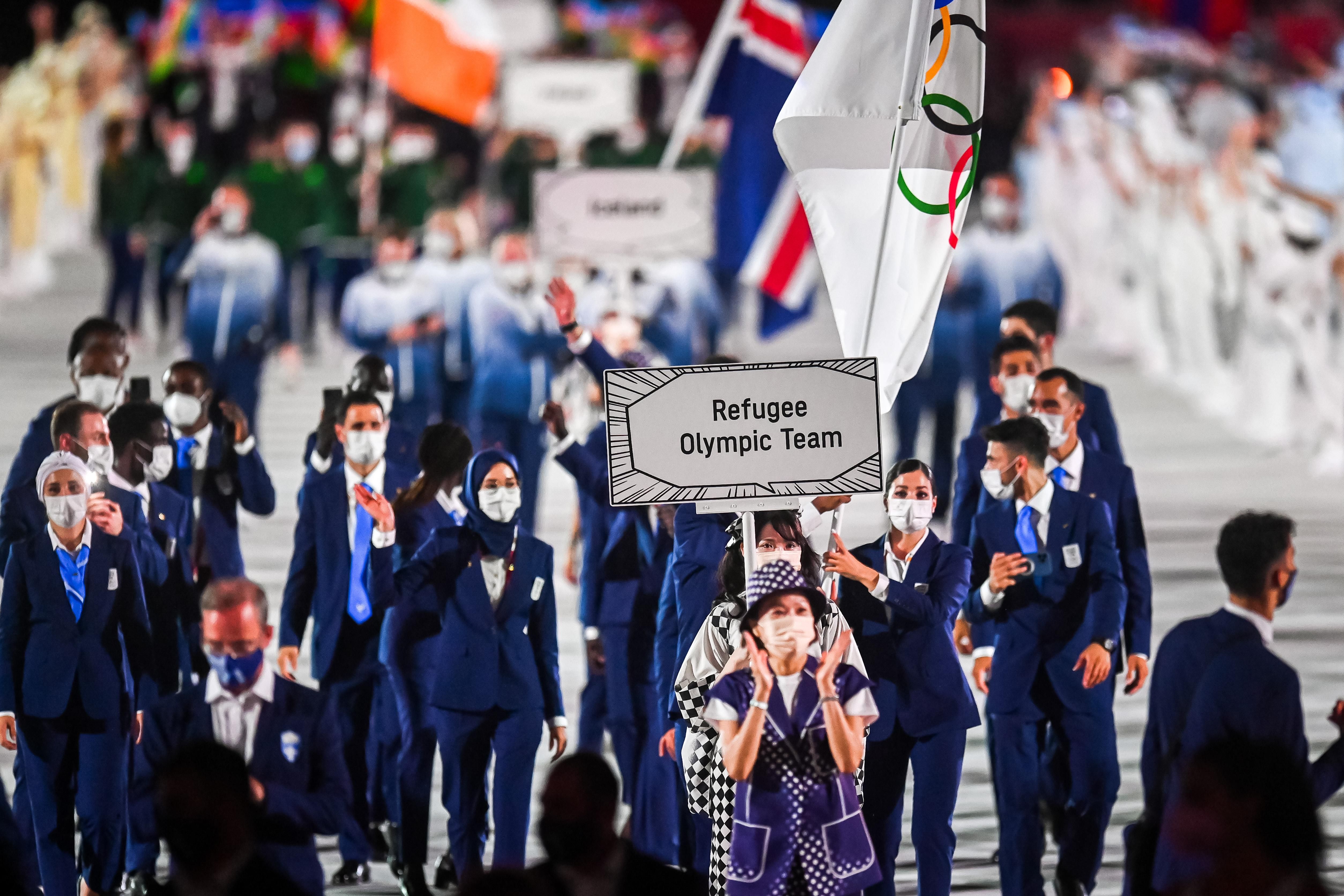July 26, 2021
Now that the Tokyo Olympics are finally underway, your Signal crew will be bringing you some fun, intriguing, uplifting, and quirky facts about the Games that have many people on edge.
First up — what's the Refugee Team?
At the 2016 Rio de Janeiro Games, the International Olympic Committee created for the first time the Refugee Team to allow those who had fled persecution in their home countries to participate in the Olympics. Up from 10 athletes in 2016, it now has 29 participants across 12 sports from conflict-ridden countries: Afghanistan, Cameroon, Congo, Republic of Congo, Eritrea, Iraq, South Sudan, Sudan, Syria, and Venezuela.
A separate team of refugees will also participate at the Paralympics, both of which are managed by the IOC and the UN Refugee Agency.
Iranian-born Kimia Alizadeh, a Germany-based taekwondo champion, narrowly missed out on bronze this week, which would have been the Refugee Team's first ever Olympic medal. Follow the team here.
More For You
Ian Bremmer sits down with former US Ambassador to NATO Ivo Daalder to unpack a historic shift in the transatlantic alliance: Europe is preparing to defend itself without its American safety net.
Most Popular
Think you know what's going on around the world? Here's your chance to prove it.
U.S President Donald Trump, U.S. Vice President JD Vance, and U.S. Secretary of State Marco Rubio pose for a family photo with other representatives participating in the inaugural Board of Peace meeting, at the U.S. Institute of Peace in Washington, D.C., U.S., February 19, 2026.
REUTERS/Kevin Lamarque
Argentina, Armenia, Belarus, Egypt, Indonesia, Jordan, Pakistan, Paraguay, Vietnam – to name only a few.
A poster featuring Andrew Mountbatten-Windsor, formerly known as Prince Andrew, is installed on a sign leading to the parking area of the Sandringham Estate in Wolferton, as pressure builds on him to give evidence after the U.S. Justice Department released more records tied to the late financier and convicted sex offender Jeffrey Epstein, in Norfolk, Britain, February 5, 2026.
REUTERS/Isabel Infantes
British police arrested former Prince Andrew Mountbatten-Windsor today over allegations that in 2010, when he was a UK trade envoy, he shared confidential government documents with convicted sex offender Jeffrey Epstein.
© 2025 GZERO Media. All Rights Reserved | A Eurasia Group media company.
